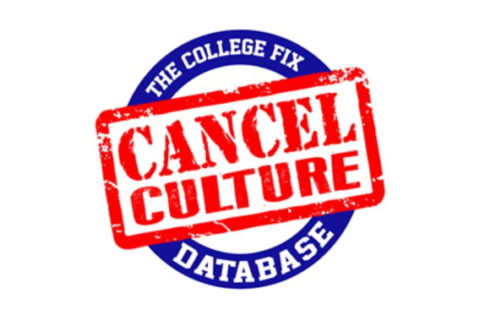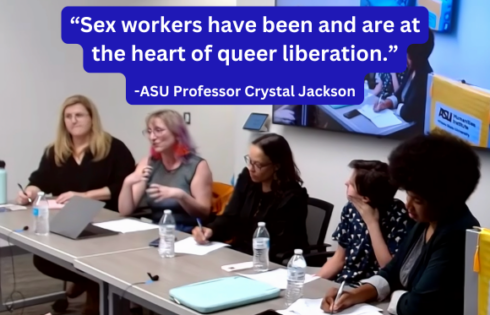A new study says the supposed stigma of being conservative on campus might not hold back right-of-center students—in fact, being conservative might even improve their education.
Conducted by two sociology researchers at the University of California-San Diego, the study compares the experiences of students at two schools seen as liberal — “Western Public” and “Eastern Elite.” Class size — not campus culture — was the key differentiator. The study was based upon 70 interviews with self-identified conservatives at the two schools.
The researchers, Amy J. Binder, an associate professor of sociology at the University of California at San Diego and Kate Wood, a UCSD graduate student, found that where conservative students had smaller class sizes and a close-knit educational environment, they were happier.
“The research suggests that the more students and faculty can know each other, the less isolated these students feel and the less likely faculty are apt to offer inappropriate political statements in class,” wrote Sarah Willie-LeBreton, an associate professor of sociology at Swarthmore and the study’s respondent, in an email. “Mutual respect follows a sense of being known.”
While the paper focuses more on the positive responses of Eastern Elite students, some conservative students at Western Public did feel that they were victims of bias in interactions with students and faculty members, but they generally had less direct contact with faculty. Students there described “trying to get in fights with professors during class” and “trying to catch their professors in the act of liberal indoctrination.”
At over 26,000 undergraduate students, the University of Michigan more closely resembles Western Public. Julianne Nowicki, a 2010 Michigan graduate, said that in her experience, taking a strong free market stance on an issue was risky.
“I felt it was impossible to articulate a conservative viewpoint and expect to do well in the course,” she said.
But this doesn’t seem to be the experience across the board.
“I’ve never experienced a professor that singled me out or punished me for my beliefs,” said Charles Bogren, chairman of the College Republicans at the University of Michigan. “As long as you are able to voice good, cogent arguments based on conservative principles the professors will respect your opinions.”
Conservatives really are, on many campuses, a minority.
Leading up to the 2008 election, CBS News, UWire, and the Chronicle of Higher Education surveyed roughly 25,000 college students in Colorado, North Carolina, Ohio and Pennsylvania. Only 16 to 23 percent of the respondents self-identified as conservatives—more than 40 percent in each state self-described as “moderate,” while 35 to 41 percent described themselves as “liberal.”
But Bogren didn’t see that imbalance as a problem.
“If you are consistently barraged by people espousing liberal ideals, your own beliefs become much more clear to you,” he said.
Conservative blogger Charles Johnson attends Claremont McKenna college, a liberal arts school with a population of just over 1,200 students that shares many of Eastern Elite’s attributes. He echoed Bogren’s sentiment, saying that he has “thrived on the opposition” he faces politically.
“I have been able to write my arguments better,” he said. “I’ve become a much more eloquent public speaker.”
These students’ experiences aren’t unfamiliar, according to Binder and Woods’ study. Students at both Eastern Elite and Western Public described the positive consequences of their minority status as conservatives: further intellectual development and firmer political convictions.
Those benefits don’t matter much in the face of liberal dominance, according to Evan Gassman, a program officer for Young America’s Foundation, a conservative student group.
“(This) is an attempt to marginalize and minimize conservative students on campus,” he said. “This isn’t a ‘study’ at all, but rather a blatant defense of leftist intolerance and the status quo.”
Binder, the co-author of the paper, would like to see the status quo for universities like Western Public change.
“While we know that such structures cannot be replicated whole-cloth in large state institutions,” she wrote in an email, “we think that administrators can and should do more to create opportunities for the respectful exchange of political ideas at places such as Western.”
Eden Stiffman is the editor-in-chief of the Michigan Review. She is a junior at the University of Michigan.
Like The College Fix on Facebook / Follow us on Twitter





Please join the conversation about our stories on Facebook, Twitter, Instagram, Reddit, MeWe, Rumble, Gab, Minds and Gettr.